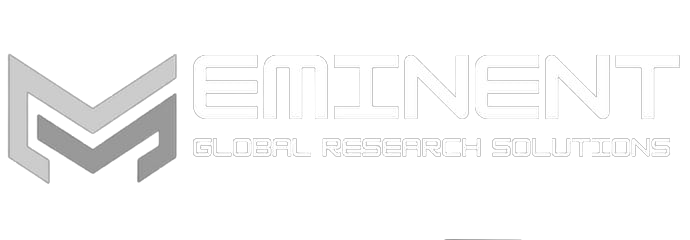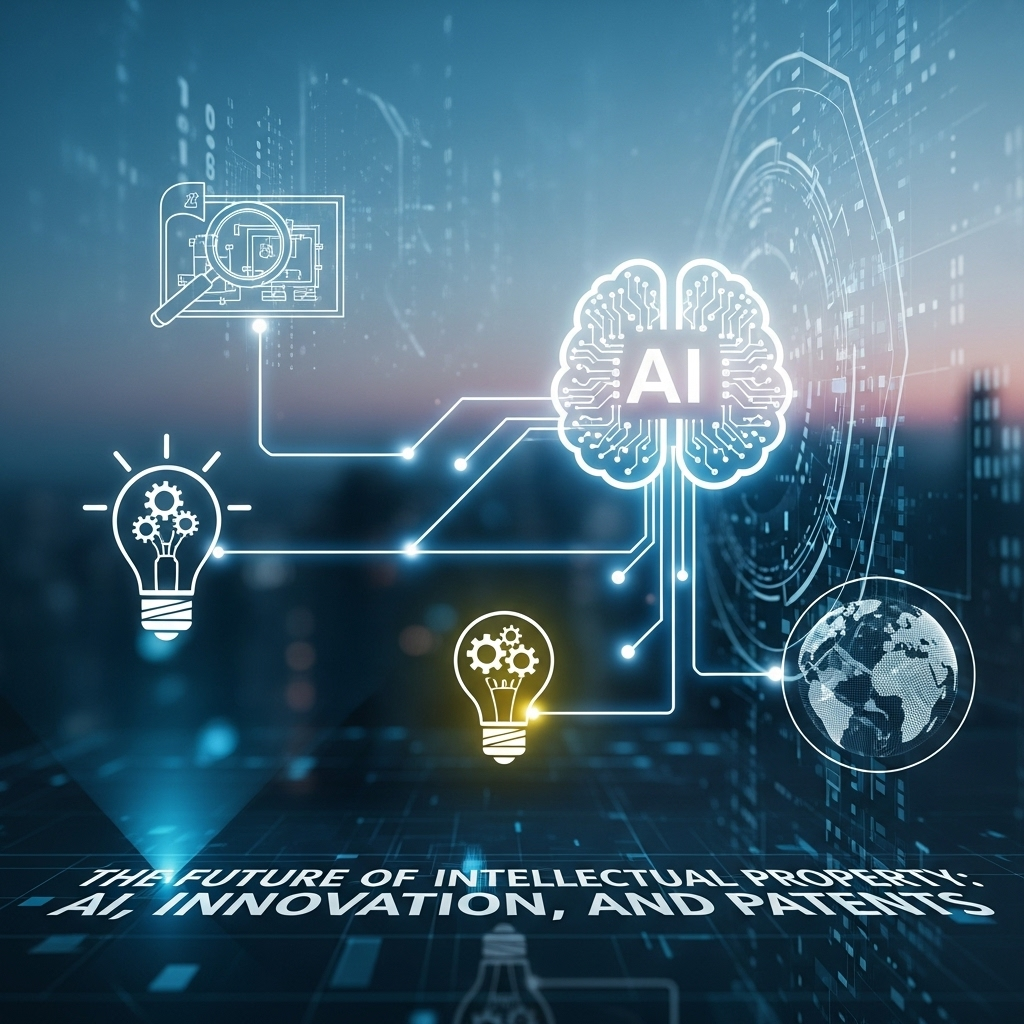The Future of Intellectual Property: AI, Innovation, and Patents
In today’s rapidly evolving digital world, artificial intelligence (AI) is reshaping industries, revolutionizing innovation, and challenging the very foundations of intellectual property (IP) laws. As businesses, inventors, and policymakers navigate this transformation, the future of patents and IP protection stands at the crossroads of technology and regulation.
AI and the New Wave of Innovation
AI is no longer just a supporting tool; it has become a creator in its own right. From generating novel chemical compounds to designing new products and even writing code, AI systems are contributing to innovation in ways that were once unimaginable. This raises critical questions:
- Who owns an AI-generated invention?
- Should patents be granted to non-human inventors?
- How can laws adapt to ensure fairness and encourage progress?
Courts and patent offices worldwide are currently debating these issues, with some countries rejecting AI as an inventor, while others are exploring reforms to accommodate this new reality.
The Future of Patents in the AI Era
The patent system was designed for a human-driven innovation ecosystem, but the rise of AI challenges traditional definitions of inventorship. Going forward, several trends will shape the patent landscape:
- AI-Assisted Patents: While AI itself may not qualify as an inventor, humans using AI as a tool will increasingly file patents for AI-assisted inventions.
- New Patent Categories: Governments may introduce special provisions or categories for AI-generated inventions, ensuring protection while maintaining accountability.
- Global Harmonization: As innovation becomes borderless, international cooperation will be vital to harmonize AI-related IP laws, reducing conflicts across jurisdictions.
- Faster Patent Analysis: AI will not only create inventions but also accelerate patent search, prior art analysis, and infringement detection, streamlining the IP process.
Balancing Innovation and Regulation
Innovation thrives when creators are rewarded and protected, but excessive restrictions can stifle progress. Policymakers face the challenge of balancing two competing priorities:
- Encouraging AI-driven innovation by granting adequate protection.
- Preventing monopolization that could hinder competition and access to technology.
Striking this balance will define the future of IP rights in the digital age.
The Role of Businesses and Innovators
For businesses and research organizations, staying ahead means:
- Monitoring global IP developments.
- Leveraging AI tools for patent searches and filings.
- Developing proactive IP strategies to protect AI-assisted innovations.
Companies that adapt early will gain a competitive edge in the AI-driven innovation race.
Looking Ahead
The future of intellectual property lies in embracing change while safeguarding innovation. AI is not just challenging traditional IP systems—it is offering opportunities to rethink how we define creativity, ownership, and protection in the modern era. As laws evolve, one thing is certain: the intersection of AI, innovation, and patents will continue to be a driving force in shaping the future of technology and business.
Eminent Global Research Solutions is at the forefront of helping businesses navigate the complex IP landscape. From patent searches to filing strategies, we ensure your innovations remain protected in this era of rapid technological change.


